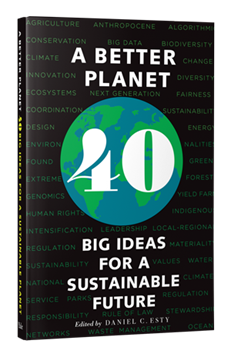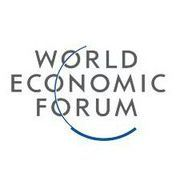Superfund: An Assessment of the Comprehensive Environmental Response, Compensation, and Liability Act (CERCLA)
The Comprehensive Environmental Response, Compensation, and Liability Act (CERCLA), colloquially and quasi-officially known as Superfund, is primarily associated with long, costly cleanup projects which seek to prevent existing public health hazards from causing further harm in the future.



